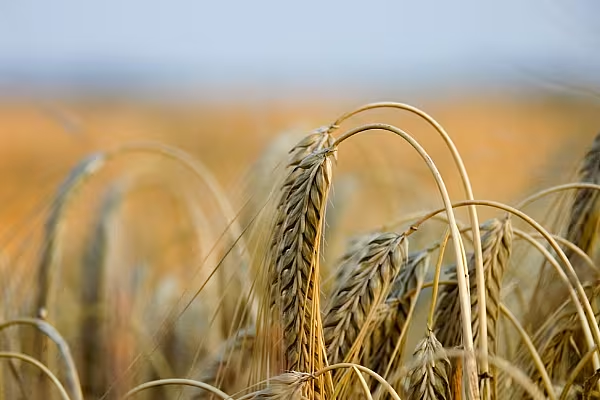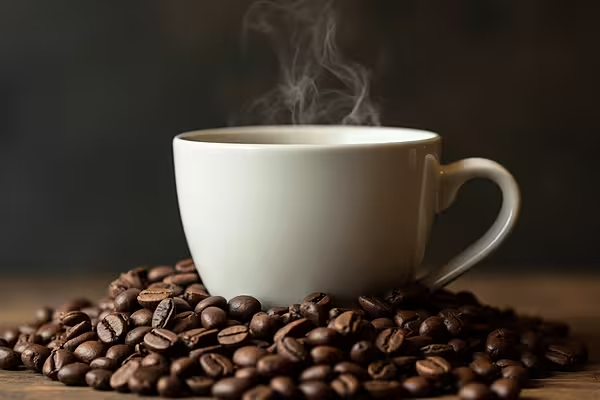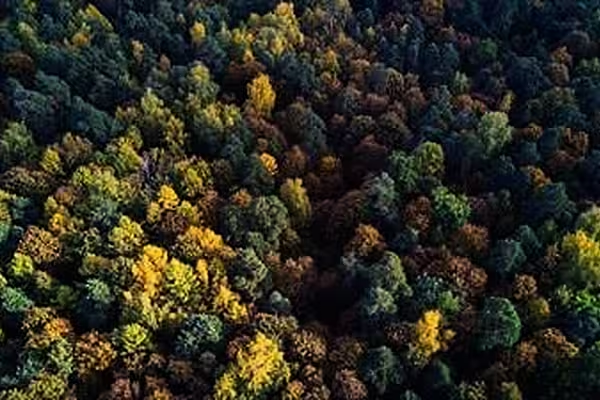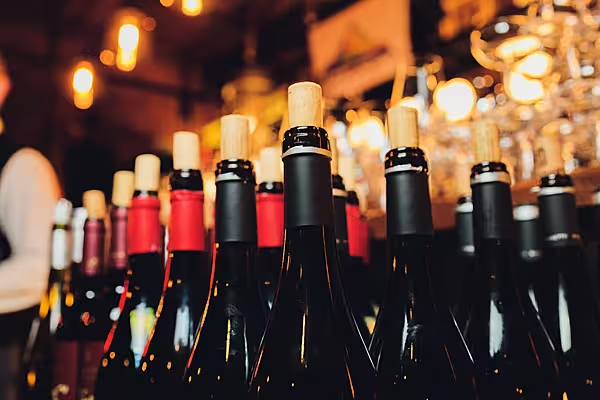Russia is looking for a new way to restrict grain exports at the level of the country's exportable surplus under "certain market conditions", agriculture minister, Dmitry Patrushev, told the Kommersant newspaper.
In 2010, Russia stunned world markets with a total ban on grain exports following a poor crop. In 2015, it used informal interventions to limit exports, which made it difficult for traders to meet their forward contracts.
Since becoming the world's largest wheat exporter, the country has used less dramatic instruments such as a grain export tax, which is at zero now but can be raised by the government quickly if needed.
Needs Of The Domestic Market
The priority of the agriculture ministry is the needs of the domestic market and food security of the country, Patrushev said in an interview with Kommersant released on Friday.
"We cannot allow domestic grain prices to fall or rise significantly, or for the domestic market to be short of grain for livestock farmers or flour millers. Since we live in a market economy, under certain conditions our esteemed exporters may want to export everything. Of course, we cannot allow that."
The new mechanism being worked on would provide a base to restrict grain exports, but it would only be activated if it was strictly necessary, the minister said.
He gave no further details on how the mechanism would work.
Global Grain Organisation
Patrushev also said he supported an idea from deputy Prime Minister Alexei Gordeyev, a veteran of Russia's farm sector, to create a global grain organisation along the lines of the Organisation of the Petroleum Exporting Countries (OPEC).
Gordeyev has periodically lobbied for a "grain OPEC", which would aim to ensure stability in the grain market, coordinate price policy and solve world hunger problems and might include Russia, the European Union, the United States, Canada, and Argentina, among others.
"I believe that the key grain-producing countries should sit down and negotiate, pay more attention to cooperation in ensuring the stability of the grain market, the formation of pricing policy," Patrushev said.
The issue "clearly requires additional work, for example, at the next meeting of the International Grains Council," he added.
Russia is one of the world's largest oil producers, but is not a member of OPEC. It is, however, a member of the World Trade Organization (WTO).














